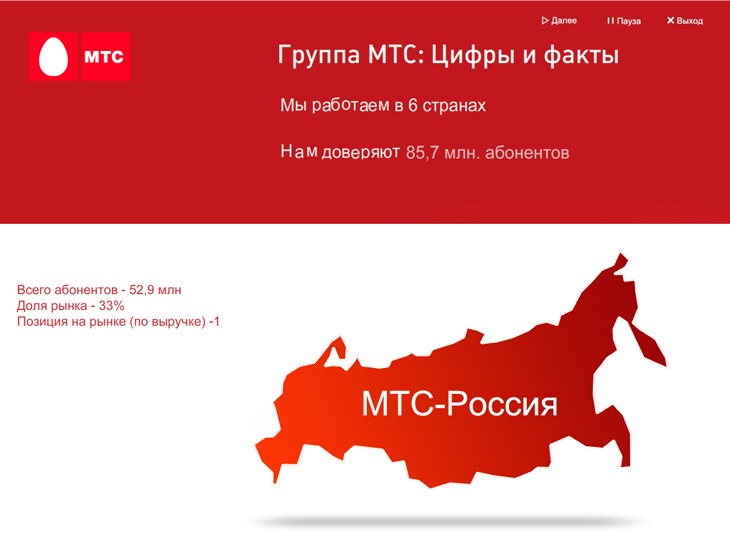Prezentaciya-po-nemeckomu.ru is tracked by us since August, 2013. Over the time it has been ranked as high as 9 359 099 in the world. It was hosted by Freehost UA, RU-SERVICE Ltd ISP and others. Prezentaciya-po-nemeckomu has a mediocre Google pagerank and bad results in terms of Yandex topical citation index. 質問者 : Raeka -日付 2019-02-23 14:12:23- 回答数 : 0件. 賃貸全般; comment6, fizika_8.
A gold statue of former president Saparmurad Niyazov rotates to continually face the Sun atop the Neutrality Arch, Ashgabat, Turkm. © velirina/Shutterstock.com In late 2006, after more than two decades of rule, Niyazov died suddenly of. Fears that the absence of a designated successor would threaten the country’s stability were not immediately realized, though the naming of former minister of health as acting president—a departure from the dictates of the country’s constitution—was greeted with some surprise. The country’s first (at least nominally) contested elections were held in February of the following year, and, amid widespread that they were marred by fraud, Berdymukhammedov was declared the winner and was formally inaugurated as Turkmenistan’s president.
Early in his presidency, Berdymukhammedov took steps toward dismantling the vestiges of Niyazov’s personality cult and reversing some of his controversial orders. Adjustments included ending bans such as those on ballet and opera, reversing Niyazov’s decree renaming the days of the week and months of the year after himself and members of his family, and ordering that the Neutrality Arch, with its large gold effigy, be moved from the capital’s centre to its southern reaches. Berdymukhammedov was elected to a second five-year term as president in February 2012, although the ballot was generally regarded as fraudulent. In December 2012 Turkmenistan held a parliamentary election that was billed as the first to feature multiple political parties. In reality, the political process remained under the government’s tight control.
Only parties with official recognition participated in the election, and individual candidates were carefully screened to ensure their loyalty to Berdymukhammedov. In February 2016 a commission headed by Berdymukhammedov drafted to the constitution that would increase the length of a presidential term from five to seven years and remove the upper age limit on the president, which had been set at 70. Observers generally saw the amendments, which went into effect just months before the presidential election scheduled for February 2017, as further evidence that Berdymukhammedov intended to hold the presidency for life. As expected, Berdymukhammedov won a seven-year term in 2017 with 98 percent of the vote.


Main article: Historically inhabited by the, the written history of Turkmenistan begins with its annexation by the of Ancient Iran. In the 8th century AD, -speaking tribes moved from into present-day Central Asia. Part of a powerful confederation of tribes, these Oghuz formed the ethnic basis of the modern Turkmen population. In the 10th century, the name 'Turkmen' was first applied to Oghuz groups that accepted and began to occupy present-day Turkmenistan. There they were under the dominion of the, which was composed of Oghuz groups living in present-day and Turkmenistan. Turkmen soldiers in the service of the empire played an important role in the spreading of Turkic culture when they migrated westward into present-day and eastern. Helmet (15th century) In the 12th century, and other tribes overthrew the Seljuk Empire. Chemlab 2 5 cracked.
In the next century, the took over the more northern lands where the Turkmens had settled, scattering the Turkmens southward and contributing to the formation of new tribal groups. The sixteenth and eighteenth centuries saw a series of splits and confederations among the Turkmen tribes, who remained staunchly independent and inspired fear in their neighbors.
By the 16th century, most of those tribes were under the nominal control of two sedentary,. Turkmen soldiers were an important element of the Uzbek militaries of this period. In the 19th century, raids and rebellions by the Turkmen group resulted in that group's dispersal by the Uzbek rulers. According to Paul R. Spickard, 'Prior to the Russian conquest, the Turkmen were known and feared for their involvement in the Central Asian.' City of in, 1890 forces began occupying Turkmen territory late in the 19th century.
From their base at Krasnovodsk (now ), the Russians eventually overcame the Uzbek khanates. In 1881, the last significant resistance in Turkmen territory was crushed at the, and shortly thereafter Turkmenistan was annexed, together with adjoining Uzbek territory, into the. In 1916 the Russian Empire's participation in resonated in Turkmenistan, as an anticonscription revolt swept most of Russian Central Asia.
Blog
- Cara Menggunakan Keygen Corel Video Studio X6 Users
- Birdy Shelter Free Download Mp3
- Jeff Buckley Full Discography Torrent
- Igra Barboskini Zametaya Sledi Torrent
- Makehuman 2 0 Updates
- Macromedia Flash 8 Free Download For Windows 7 32 Bit
- Gigaware Pc Wired Controller Drivers
- Fishing Bot By Mrsergey Klyuch
- Reshebnik Po Teoreticheskoj Mehanike Dievskij Malisheva
- Directx 11 Plugin For Pcsx2 Download
- Proekt Moya Lyubimaya Bukva 1 Klass Obrazec
- Game Perang Ringan Dan Keren Untuk Pcs
- Wincalendar 4 Serial